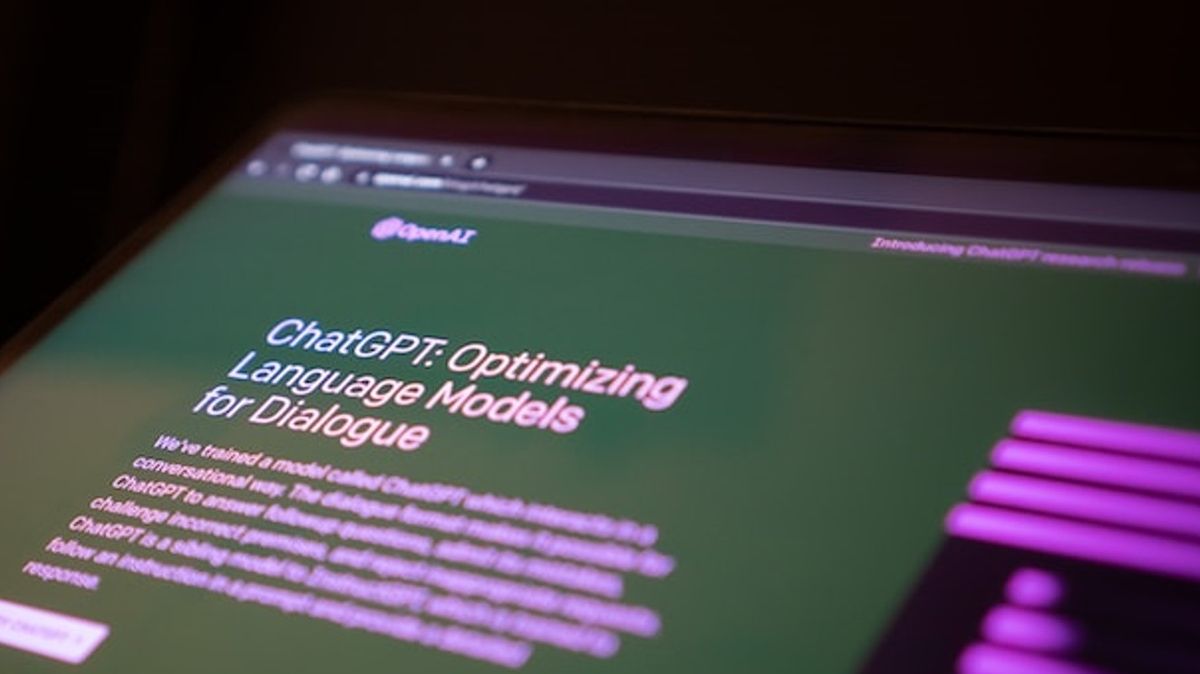
In a compelling intersection of technology and literature, Five Books, a trusted platform for book recommendations, recently employed ChatGPT to suggest the best reads on Artificial Intelligence. Following this experiment, interviews with several Large Language Models (LLMs) about books on India revealed promising results.
An Unlikely Collaboration: AI and Literature
The LLMs recommended notable works such as Ram Chandra Guha’s ‘India after Gandhi’ and Amartya Sen’s ‘The Argumentative Indian’. Interestingly, ChatGPT suggested ‘This Land Is Our Land’ by Suketu Mehta, emphasizing its profound insights into immigration, a subject of considerable relevance in contemporary India.
The Great Debate: AI Curation
However, the prospect of replacing human curation with AI tools sparked a lively debate. NS Ramnath, a colleague of the author, questioned the uniqueness of LLM recommendations, pointing out their lack of diversity beyond a certain scope. Researchers at IISER echoed this concern, highlighting the limitations of LLMs in academic work due to the need for human oversight.
Ethical Concerns and the Role of Human Experts
Ethical concerns were also raised about LLMs’ ability to mirror biases and overlook niche perspectives due to their reliance on existing data. This suggests the continued importance of human experts in areas like book recommendations, where nuanced understanding and diversity of thought are highly valued.
In an era where technology increasingly permeates every aspect of life, this experiment and subsequent debate underscore the complex interplay between AI and human creativity. While AI tools like ChatGPT can provide valuable insights, they are not devoid of limitations and potential biases. As such, the role of human experts remains crucial in navigating these nuances and ensuring a balanced, diverse, and inclusive approach to curation.
The debate around AI curation is far from over, but one thing is clear: the future of literature and knowledge dissemination will likely involve a delicate dance between human expertise and the power of AI. As we continue to explore this dynamic, it is essential to prioritize ethical considerations, diversity, and the preservation of human creativity.
In the end, the goal is not to replace human curation with AI but to find a harmonious balance where both can coexist, complementing and enhancing each other’s strengths. After all, the beauty of literature lies not only in its content but also in the unique human perspectives it offers – a quality that no AI, no matter how advanced, can fully replicate.
